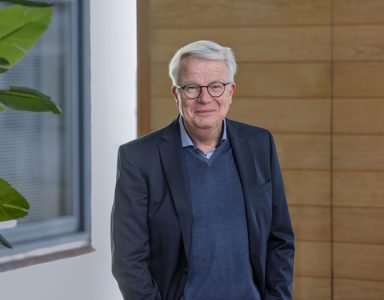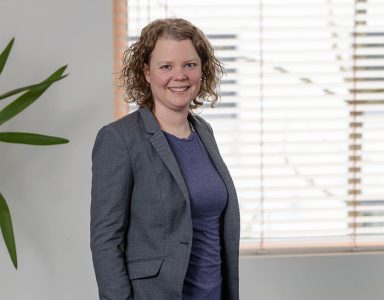UMC Utrecht | MOVE2
On the move to support the social (re)integration of patients with psychosis
Leisure time makes an significant contribution to people’s quality of life and hence constitutes an important tool for the rehabilitation of patients with psychosis. However, spending leisure time tends to actively decline for patients suffering from psychotic disorders. This decline, mainly caused by the symptoms and the side effects of psychotropic medication, obstructs their social (re)integration. Whilst previous research has tried to increase physical leisure activities such as sports, a “one-size-fits all” programme does not adequately meet the various needs and demands of the target group.
The overarching aim of this consortium is to develop new or adapted personalised leisure time interventions for people with psychotic disorders that can also be applied to people with other psychiatric disorders, such as autism.
In this research project, the consortium studies the effects of personalised leisure interventions on the social re-integration and quality of life of patients with a psychotic disorder. Specifically, the consortium will look at:
- The effects of the use of e-health tools on physical leisure activities by people suffering from psychotic disorders whilst setting their personal goals;
- The individual characteristics (personality / lifestyle) of people with a psychotic disorder in combination with the character traits of their mental health care professionals. This is to understand why some people may succeed in undertaking physical leisure activities, whilst others do not, and how this is related to social (re) integration.
Coordinating Applicant
- Universitair Medisch Centrum Utrecht, Division Brains, Psychiatry
Prof. dr. Wiepke Cahn is professor of psychiatry and heads the ‘Body & Life’ research program at UMCU. Her main research focus is physical health (including leisure time) of patients with psychotic disorders. She is principal investigator of various (multicentre) research projects, including Genetic Risk and Outcome of Psychosis Project (GROUP) and TOPFIT. She has (co)authored more than 250 research papers and book chapters. Prof. Cahn is chair of the Psychosis Foundation and a member of the advisory board of the organisation MIND Ypsilon, an organisation orientated on the patient’s family.
Consortium
- Prof. Berno van Meijel leads research on the development of interventions and their effectiveness for mental health workers. He is an expert in testing evidence-based guidelines for nurses and caretakers in psychiatry.
- Prof. Frank Backx is professor of sports medicine and is the medical research director of the UMC Utrecht Sports Science Department. He has knowledge of the effects of sports and physical exercise on several outcome parameters in patients.
- Dr Hugo Schnack is assistant professor at the UMCU. As a trained physicist, his expertise includes data analysis and modelling with a focus on machine learning in psychiatry. He is principal investigator of the ZonMw granted ‘Psychosis Prognosis Predictor’ project.
- Dr Jeroen Deenik is a health psychologist and physical health therapist. He carries out research on integrated multidisciplinary lifestyle treatments and has performed various pragmatic trials to increase physical activity in patients with serious mental illnesses.
- Dr Wilma Swildens is a sociologist and heads a research programme on routine outcome monitoring in psychiatry. She is also professor at the university of applied sciences at InHolland.
- Prof. Wouter Staal is professor of Child and Adolescent Psychiatry at the Faculty of Social Sciences, Leiden University. He also has positions at RadboudUMC, Donders Institute and Karakter.
- Dr Lisanne Koomen, Msc MD, has a master’s degree in health economics, policy and law. She conducted research in South Africa in the field of health economics related topics.
- Dr Frederique Jörg is a senior researcher who has conducted two pragmatic controlled randomised trials into the effectiveness of a lifestyle interventions (consisting of physical activities, exercise, and nutrition). She has also performed a process evaluation, adding to expertise concerning implementation issues.
- Prof. Floortje Scheepers is head of the department of psychiatry at the UMCU and her main research focus is innovation in psychiatry, particularly e-health and big data.
Grant Programme
- NWO – Social (re-)integration of adolescents and adults with autism and psychosis
Grant
- €350,000




